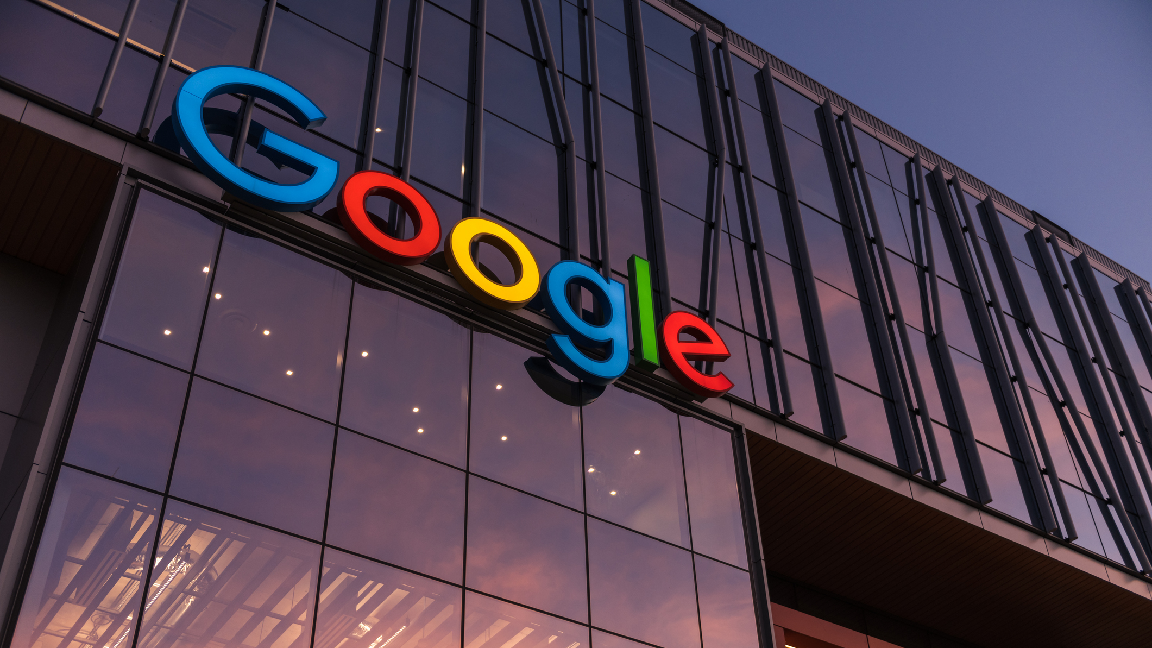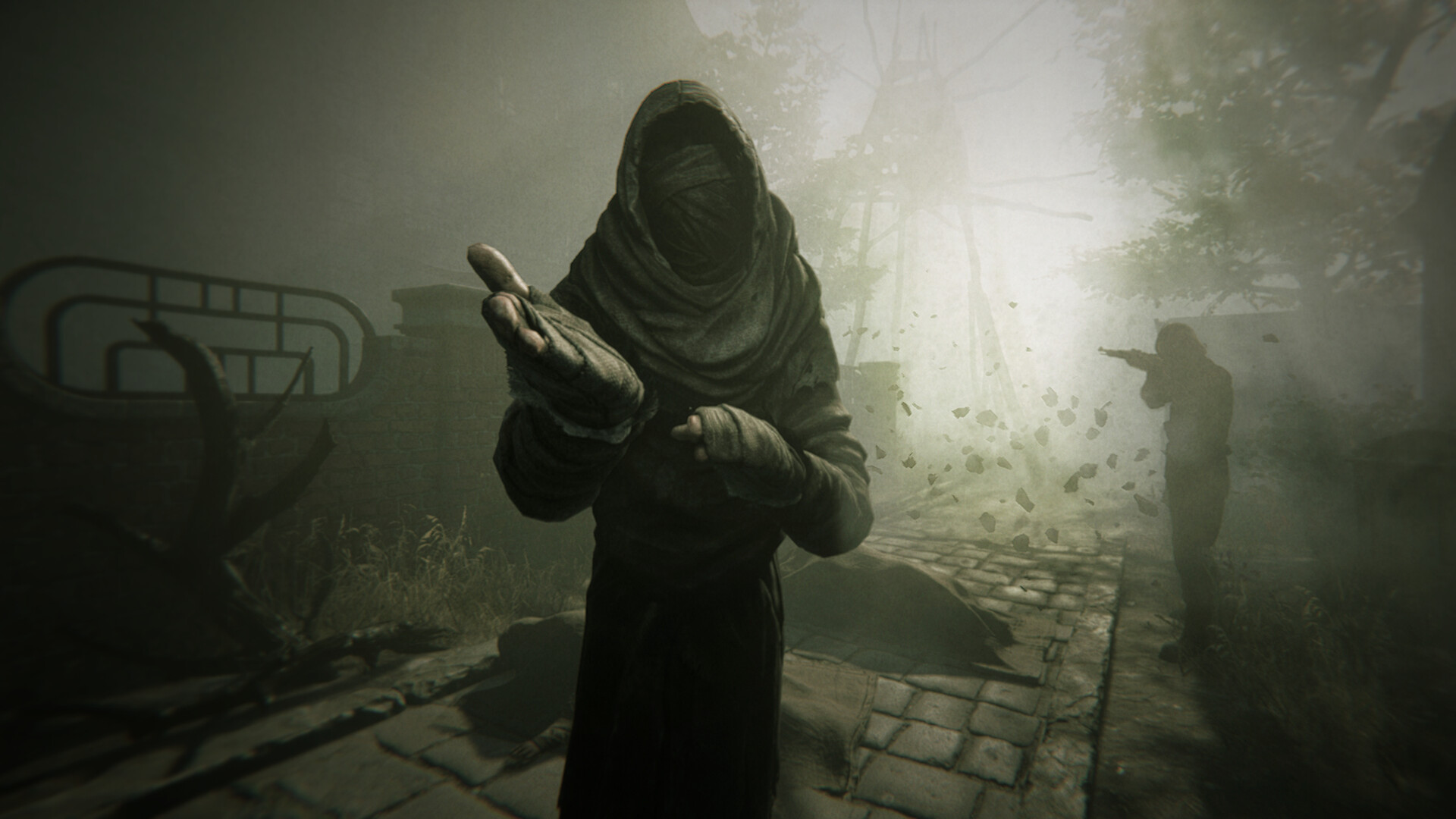'The fact is that today, the open web is already in rapid decline,' says Google in court, then quickly rows back on that statement
"It's clear from the preceding sentence that we're referring to 'open-web display advertising' and not the open web as a whole." Is it?

As long as I've known it the internet has always been a rapidly changing phenomenon. From humble beginnings it has grown into a world-connecting platform by evolving to meet the needs of the public, often before they even know they have them. As websites like Google grew into infamy, they became integral in forging the future of the internet for better or worse.
In more recent years, the shape of this development has shifted towards the benefits of corporations, with ad spends and SEO demands coming before the needs of the people. In this time search results have notably gotten much, much worse and continue to do so. This has lead to people dropping Google for search, despite it once being so popular we adopted it as a verb.
Now we've seen this shift again, with often not-quite-correct chatbots and AI summaries being put forward as an alternative to genuine research and understanding. Let alone the greater environmental implications of the power used to generate such things.
At least there's a browser extension that gets rid of them, for now anyway.
Websites have noticed their traffic decreasing thanks to this new way of packaging information, though Google has denied this decline. That is until recently, when Jason Kint (via The Verge) spotted Google's admission in open court, stating “the open web is already in rapid decline.” Of course, this was only in an effort to save its advertising business rather than for freedom of accurate information or the health of the internet at large.
The admission from Google came in a submission filing towards a case where Google's monopoly over the advertising technology business is being called into question. Google is arguing against the US Department of Justice's recommendation that Google break up its advertising business, not for its own profits but for its supposed benevolence towards the open web and those who rely on advertising profits.
"AI is reshaping ad tech at every level; non-open web display ad formats like Connected TV and retail media are exploding in popularity; and Google's competitors are directing their investments to these new growth areas. The fact is that today, the open web is already in rapid decline and Plaintiffs' divestiture proposal would only accelerate that decline, harming publishers who currently rely on open-web display advertising revenue," reads a portion of Google's statement.
Keep up to date with the most important stories and the best deals, as picked by the PC Gamer team.
This position seems to fly in the face of Google's stance that the web is thriving. Google spokesperson Jackie Berté claims the reason for this is because the statement is only aimed at open-web advertising.
"It's clear from the preceding sentence that we're referring to 'open-web display advertising' and not the open web as a whole," Berté told The Verge. "We are pointing out the obvious: that investments in non-open web display advertising like connected TV and retail media are growing at the expense of those in open web display advertising."
I purposely included the previous sentence Berté is talking about here when quoting the statement to provide this context but to my eyes it could read either way. Yes google is talking about open web display advertising but that is based on using the open web, and the decline of one is likely intrinsically linked to the fall of the other. It's important to remember, this is the company that removed the once inspiringly simple "Don't be evil" from its mission statement for reasons.

1. Best overall:
AMD Ryzen 7 9800X3D
2. Best budget:
Intel Core i5 13400F
3. Best mid-range:
AMD Ryzen 7 9700X
4. Best high-end:
AMD Ryzen 9 9950X3D
5. Best AM4 upgrade:
AMD Ryzen 7 5700X3D
6. Best CPU graphics:
AMD Ryzen 7 8700G

Hope’s been writing about games for about a decade, starting out way back when on the Australian Nintendo fan site Vooks.net. Since then, she’s talked far too much about games and tech for publications such as Techlife, Byteside, IGN, and GameSpot. Of course there’s also here at PC Gamer, where she gets to indulge her inner hardware nerd with news and reviews. You can usually find Hope fawning over some art, tech, or likely a wonderful combination of them both and where relevant she’ll share them with you here. When she’s not writing about the amazing creations of others, she’s working on what she hopes will one day be her own. You can find her fictional chill out ambient far future sci-fi radio show/album/listening experience podcast right here.
No, she’s not kidding.
You must confirm your public display name before commenting
Please logout and then login again, you will then be prompted to enter your display name.

